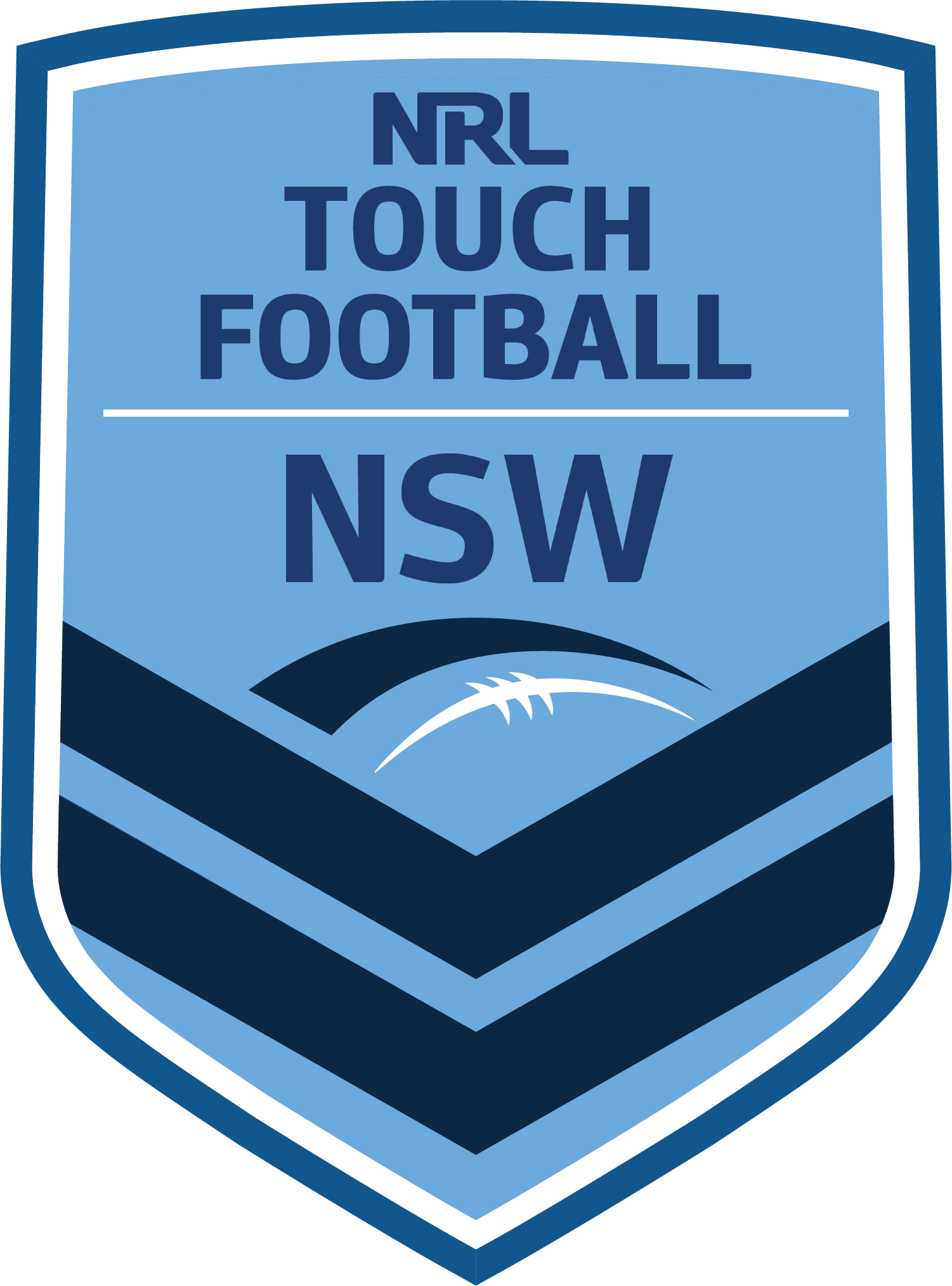Volunteer Grants Program aims to support the efforts of Australia’s volunteers. They provide small amounts of money which organisations and community groups can use to help their volunteers. They are part of the Government’s work to support the volunteers who help disadvantaged Australian communities and encourage inclusion of vulnerable people in community life.
Overview
The Community Grants Hub, on behalf of the Department of Social Services (DSS), is inviting organisations and individuals/authorised signatories representing volunteer based community groups to apply for Volunteer Grants 2016 funding.
These grants aim to support the efforts of Australia’s volunteers. They provide small amounts of money that organisations and community groups can use to help their volunteers. They are part of the Government’s work to support the volunteers who help disadvantaged Australian communities and encourage inclusion of vulnerable people in community life.
The funding will help volunteers to do their important work, and the grants of between $1,000 and $5,000 each will allow organisations to buy much needed equipment, such as computers, or help with training volunteers, fuel costs or undertaking background security checks.
The grant may be used for:
- staff salaries and on-costs which can be directly attributed to the provision of the Activity in the identified service area or areas as per the grant agreement;
- employee training for paid and unpaid staff including Committee and Board members, that is relevant, appropriate and in line with the Activity;
- operating and administration expenses directly related to the delivery services, such as:
- telephones
- rent and outgoings
- computer / IT/website/software
- insurance
- utilities
- postage
- stationery and printing
- accounting and auditing
- travel/accommodation costs
- assets as defined in the Terms and Conditions that can be reasonably attributed to meeting agreement deliverables, and
- evaluation.
Priority
Priorities for grant money Applications will be assessed on how strongly they meet one or more of these priorities:
- organisations/community groups that work with disadvantaged communities. This will be prioritised according to the Socio-Economic Indexes for Areas (SEIFA);
- organisations/community groups that support individuals and communities experiencing disadvantage. This includes:
- organisations/community groups located in areas affected by recent major natural disasters (based on disasters listed on the Disaster Assist website occurring between 10 December 2015 to 13 December 2016); and
- organisations/community groups which engage volunteers from disadvantaged backgrounds. Organisations which help more than one disadvantaged group will be assessed more highly.
- organisations/community groups that have more volunteers than paid staff;
- a higher number of volunteers who will directly use the items being bought;
- organisations/community groups with high numbers of volunteers;
- organisations/community groups with smaller operating budgets; and
- a lower total cost for the requested items.
Limitations
Eligibility
It is a general rule that the DSS can only enter into a Grant Agreement with an organisation that is a legal entity. If an organisation is not a legal entity and, if it so chooses, an eligible sponsor organisation may apply for funding on its behalf (refer to ‘Sponsoring community groups that are not legal entities’ below).
The following entity types meet the eligibility requirements to be invited to apply for a grant for this Activity:
- Incorporated Associations (incorporated under state/territory legislation, commonly have ‘Association’ or ‘Incorporated’ or ‘Inc.’ in their legal name)
- Incorporated Cooperatives (also incorporated under state/territory legislation, commonly have ‘Cooperative’ in their legal name)
- Companies (incorporated under the Corporations Act 2001 – may be a proprietary company (limited by shares or by guarantee) or public companies)
- Aboriginal Corporations (incorporated under the Corporations (Aboriginal and Torres Strait Islander) Act 2006)
- Organisations established through a specific piece of Commonwealth or state/territory legislation (public benevolent institutions, churches, universities, unions etc
- Partnerships, and
- Trustees on behalf of a Trust.
Ineligible Organisations/entities
Organisations that may not be eligible for funding include, but are not limited to:
- sole traders;
- for-profit organisations;
- professional associations or statutory authorities;
- Australian Government Departments and statutory authorities;
- state and territory government departments
- local government entities
- political organisations;
- organisations outside Australia; and
- individuals who are not office holders or authorised signatories of volunteer based community groups.
A statutory authority would be eligible to apply for the 2016 Volunteer Grants Round if:
- it is an organisation established under Commonwealth or state and territory legislation; and
- it is a not-for-profit organisation whose volunteers’ work supports families and/or communities in Australia; and
- it is a legal entity.
Grants are not provided for:
- purchase of land
- major capital expenditure
- the covering of retrospective costs
- costs incurred in the preparation of a grant application or related documentation
- subsidy of general ongoing administration costs such as electricity, phone and rent of an organisation
- major construction/capital works
- overseas travel, and
- activities for which other Commonwealth, State, Territory or Local Government bodies have primary responsibility.
Applications / Guidelines
Our Tips
The funding round is expected to be very competitive and it is essential that applicants read the guidelines and answer all mandatory questions when applying.
Contact Details
- Address: FOI Coordinator Department of Social Services Public Law Branch, PO Box 7576 Canberra Business Centre 2610 ACT
- Phone: 1800 020 283
- Email: [email protected]

